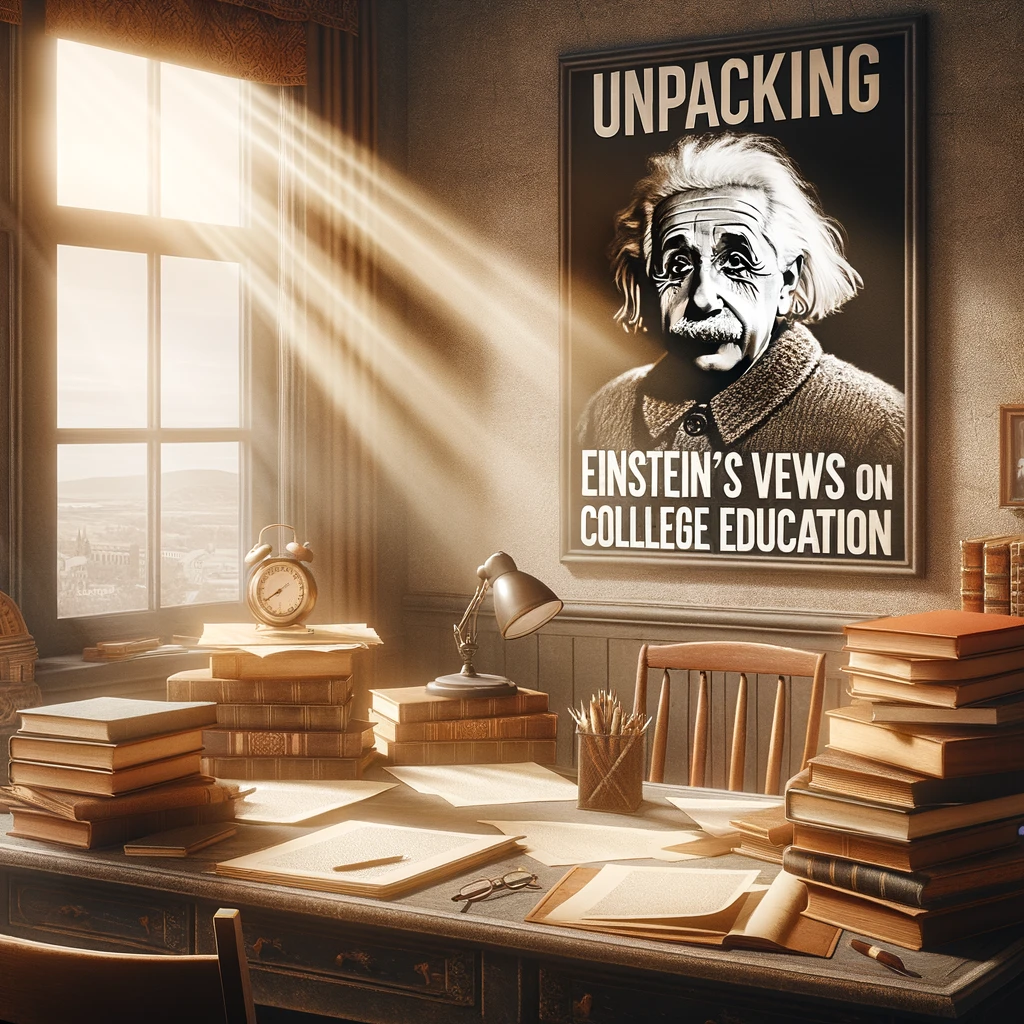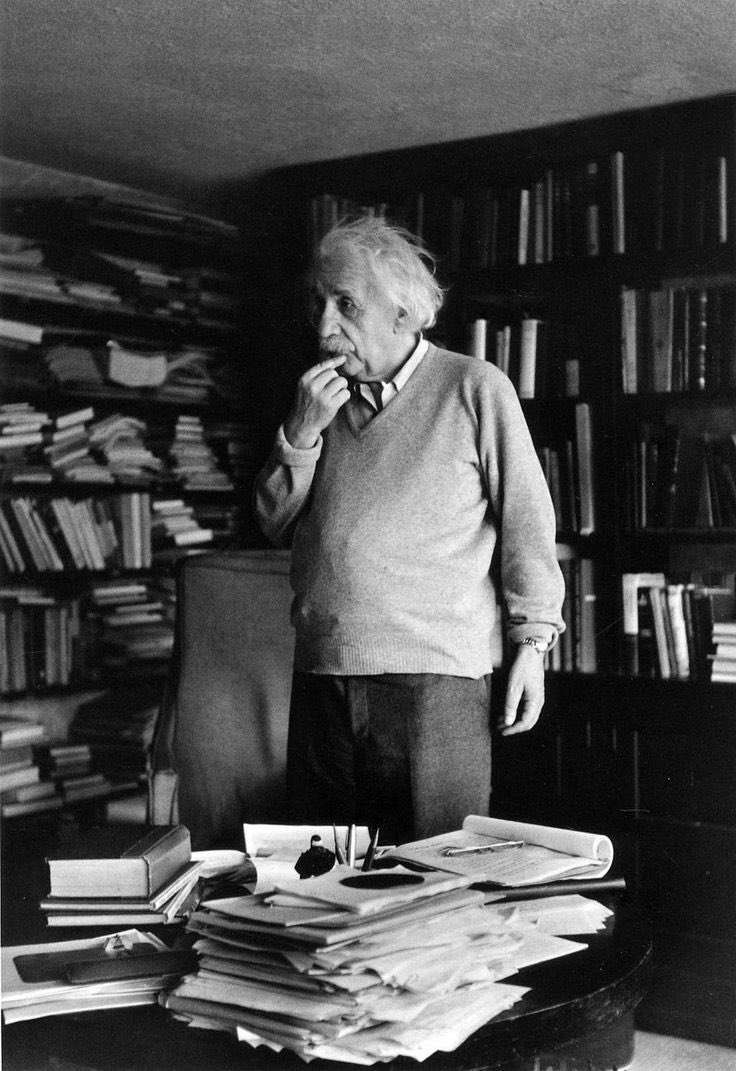
The Importance of Critical Thinking in College Education: Unpacking Albert Einstein’s Perspective

Introduction
Albert Einstein, one of the most brilliant minds in history, had a unique perspective on the value of a college education. He believed that the true essence of education lies not in the accumulation of facts but in the cultivation of critical thinking and problem-solving skills. In an era where information is abundant but wisdom is scarce, Einstein’s views are more relevant than ever.

Albert Einstein’s Philosophy on Education
Beyond Memorization
Einstein argued that facts could be easily acquired from books and other resources. What sets a well-educated person apart, according to him, is the ability to think critically and solve problems.
The Role of Education
For Einstein, the primary role of education was to teach students how to think for themselves, question the status quo, and generate innovative ideas. He saw education as a tool for intellectual empowerment.
The Relevance of Einstein’s Views Today
Complexity and Interconnectedness
As the world becomes increasingly complex and interconnected, the need for individuals who can think critically and solve problems is paramount. Einstein’s philosophy on education serves as a guidepost for what educational systems should aim to achieve.
Skills for the 21st Century
In today’s economy, skills like critical thinking, problem-solving, and adaptability are highly valued. Einstein’s views align perfectly with the skill set required for success in the modern world.
The Value of Training the Mind to Think
Informed Decision-Making
Critical thinking enables us to better understand the world and make informed decisions. It helps us sift through information, discern what is credible, and make judgments based on evidence.
Creative Problem-Solving
The ability to think outside the box and approach problems from different angles is a byproduct of a well-trained mind. This skill is invaluable in both personal and professional settings.
Challenging the Status Quo
Critical thinking empowers individuals to question existing systems and beliefs. It fosters a culture of inquiry and innovation, which is essential for societal progress.
Lifelong Learning
A trained mind is not a static entity; it continues to learn and grow. The skills acquired through a focus on critical thinking serve as the foundation for lifelong learning and personal development.
Conclusion
Albert Einstein’s perspective on the value of a college education centers on the development of critical thinking and problem-solving skills. As we navigate the complexities of the 21st century, his philosophy serves as a timely reminder of what education should truly aim to achieve: the training of the mind to think. For teachers, students, and researchers, this is a call to action to prioritize these skills in educational settings, ensuring that we are well-equipped to tackle the challenges and opportunities that lie ahead.
This article aims to serve as a comprehensive guide for teachers, students, and researchers interested in understanding the critical role of thinking skills in education, as emphasized by Albert Einstein.